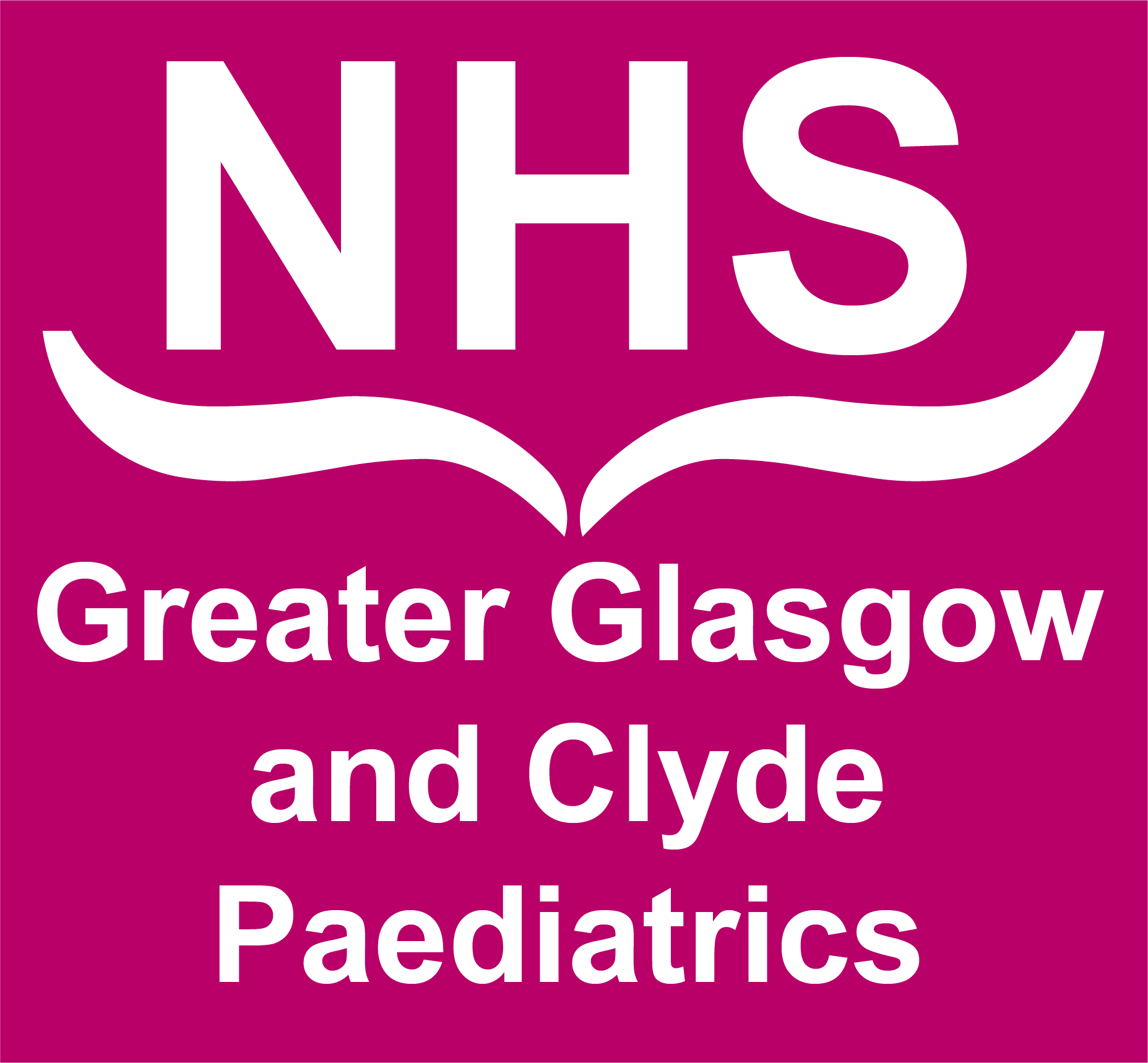Initiation and dose increase of carvedilol requires inpatient monitoring as hypotension can occur, especially in children with heart failure receiving concurrent diuretic therapy and ACE inhibitors. Dose titration and close monitoring of blood pressure are therefore required.
Complete nursing and medical admission
Baseline Echo, ECG, U&Es and LFTs (D/W consultant cardiologist re: need to check bloods before dose increase).
Ensure baseline observations are within acceptable limits. This includes:
- Heart rate (HR)
- Respiratory rate (RR)
- Blood pressure (BP)
- Oxygen saturations
- Temperature
After dose administration check BP and HR
- Every 30 minutes for at least 4 hours
- Continue until stable
Notify medical staff/ANP:
- if significant drop in systolic and mean BP (usually >20mmhg from base line)
- if child is symptomatic (e.g dizziness, pale, altered level of consciousness, profoundly hypotensive/bradycardic, tachycardic, capillary refill >3 seconds, cool peripheries)
Discharge criteria:
- Observations within acceptable parameters for child
- Child reviewed by Dr/ANP
- Information given to family/carer re: medicine administration and clear instructions for the adjusted dose.
- Family / Caregiver has demonstrated competence in drawing up appropriate (adjusted) dose of Carvedilol
- Family/carer aware of common side effects and know to contact cardiac nurse specialists if child experiencing these side effects.( Give family PDF of medicines information leaflet)
- Discharge summary completed and given to family/carer with a follow up plan
